We’re excited to introduce you to the always interesting and insightful Jennifer Hyland. We hope you’ll enjoy our conversation with Jennifer below.
Hi Jennifer, really happy you were able to join us today and we’re looking forward to sharing your story and insights with our readers. Let’s start with the heart of it all – purpose. How did you find your purpose?
I didn’t know it at the time, but I found my purpose the day I realized my daughter couldn’t read.
What started as a personal struggle quickly opened my eyes to a much larger problem that affects many children and families. As we navigated her dyslexia diagnosis and fought for the services she needed, I came to understand how broken the educational system is—how many students are left behind, not because they aren’t capable, but because we aren’t teaching them in ways that work.
That moment in our lives lit a fire in me. I began learning everything I could about dyslexia which led me to learning more about dyslexia remediation and how that was linked to evidence-based reading instruction. I connected with other parents, worked on district committees, testified at the Capitol, and helped pass legislation like HB 3928 to strengthen Texas’ dyslexia laws. I had transitioned from advocating for just my child, now I was advocating for all kids.
Now, as a trustee in my local school district and a literacy advocate across the state, my purpose is clear: to ensure every child has the opportunity to learn to read—because reading unlocks everything.
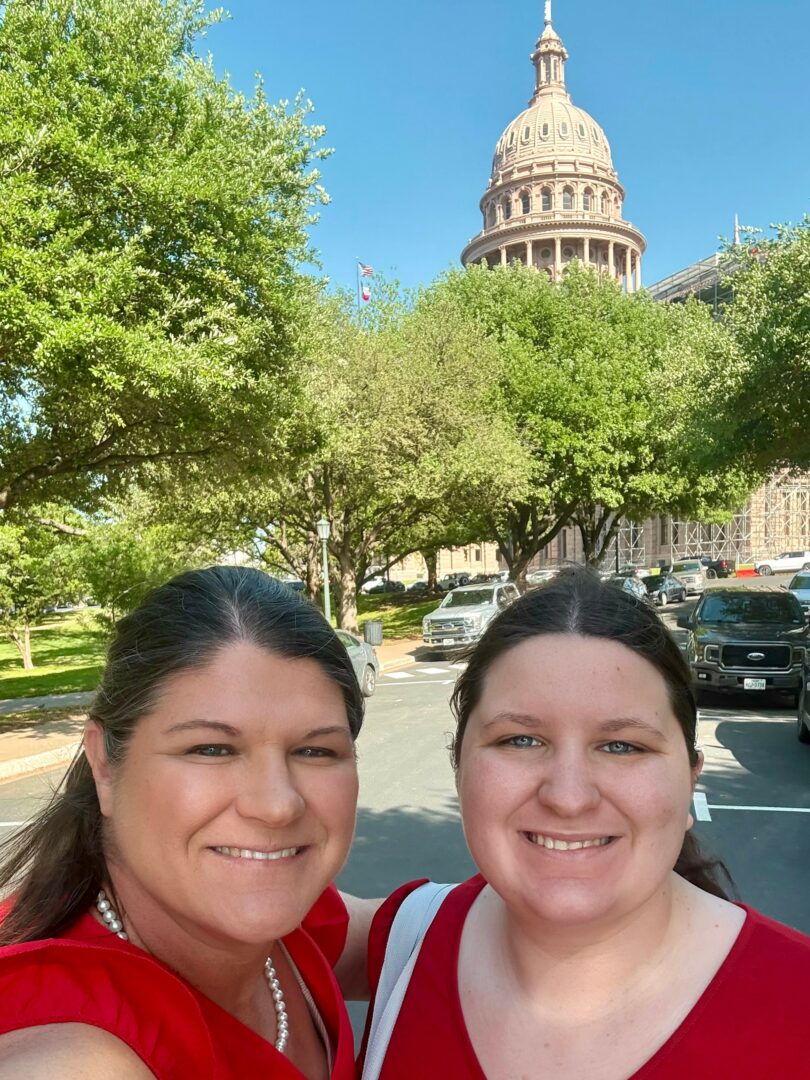
Great, so let’s take a few minutes and cover your story. What should folks know about you and what you do?
I’m a dyslexia and literacy advocate, community leader, and currently a trustee on the Spring Branch ISD School Board in Houston, Texas. My work centers around ensuring every child—regardless of background or ability—has access to evidence-based reading instruction. I came into this work not as a professional educator, but as a mother. When my daughter was diagnosed with dyslexia, I quickly realized how many families were struggling to get the support their children needed. That journey opened my eyes to the gaps in our systems—and lit a fire in me to help close them.
What’s most exciting about what I do is watching how change happens when parents, educators, and policymakers come together. Whether it’s helping pass a statewide law like the Beckley Wilson Act (HB 3928) or advocating for local curriculum changes aligned with the Science of Reading, the most powerful part of this work is knowing it can completely change a child’s life trajectory.
I’m proud to work alongside coalitions of advocates, experts, and lawmakers who are all committed to improving literacy outcomes in Texas and beyond. Right now, I’m especially focused on implementation and accountability for HB 1605, a law passed in 2023 to improve instructional materials and prohibit practices like 3-cueing. I’m also helping lead a statewide symposium this summer—hosted by the Texas branches of the International Dyslexia Association—to ensure educator preparation programs align with evidence-based reading instruction.
My guiding phrase has always been “Until all kids can read.”That’s not just a slogan—it’s a promise I’ve made to families, students, and educators who deserve better. If you care about educational equity or want to learn more about structured literacy and dyslexia advocacy, I’d love to connect.
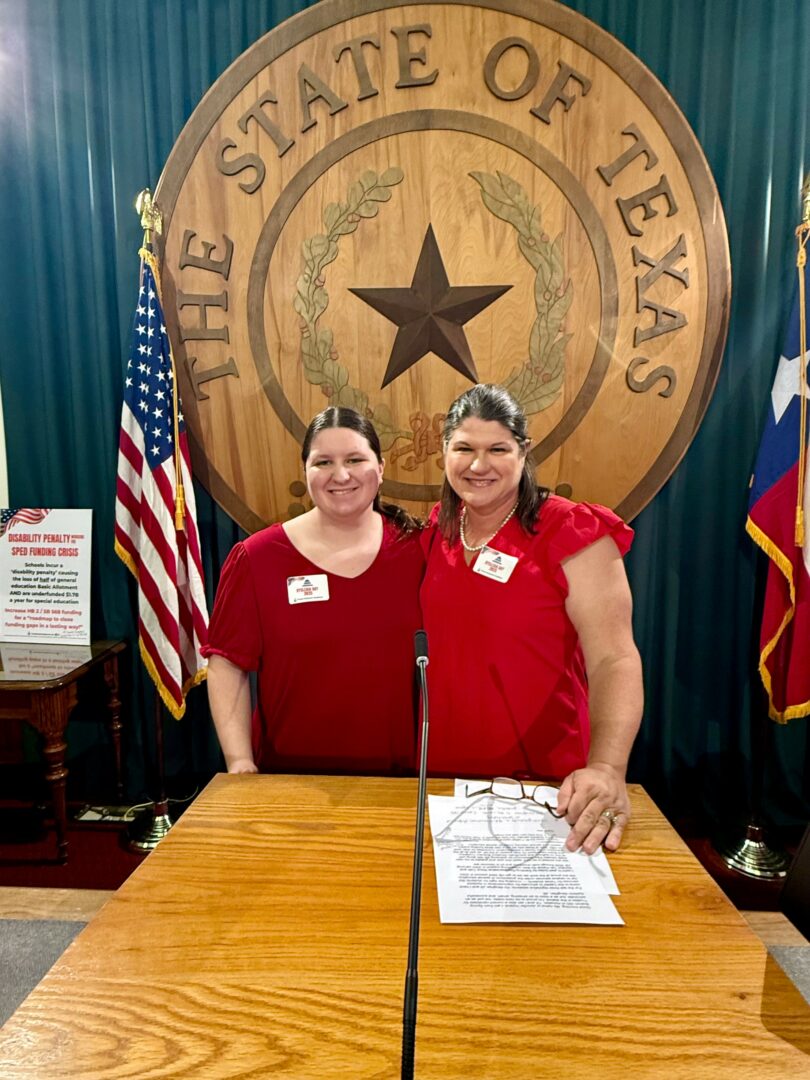
Looking back, what do you think were the three qualities, skills, or areas of knowledge that were most impactful in your journey? What advice do you have for folks who are early in their journey in terms of how they can best develop or improve on these?
Looking back, the three qualities that most shaped my journey were persistence, a willingness to learn, and the ability to listen and be the voice for others.
Persistence mattered most when things were difficult—when systems were slow to respond, when decisions didn’t go our way, and when it would have been easier to give up. Change takes time, and the ability to keep showing up, even after a setback, is critical.
Equally important was a willingness to learn. I didn’t start with all the answers. I had to educate myself on literacy research, special education policy, and the way our school systems work. Staying curious—and open to being corrected or challenged—made me a better advocate.
And finally, I learned to listen and be the voice. Advocacy starts with listening—really listening—to the experiences of students, families, and educators. But it can’t stop there. Many of the people most affected by broken systems don’t always have the opportunity or platform to speak up. I realized that if I had the chance to be in the room, it was my responsibility to speak—clearly, respectfully, and boldly—on their behalf.
Yes—absolutely. Your voice has been central to your impact—from school board testimony to legislative advocacy to mobilizing parents. Here’s a refined version of the closing section that weaves in that theme:
Advice for those starting out?
Start with what’s right in front of you. Advocate for one child if that’s all you can do right now. Find your people—other parents, mentors, experts—and be okay with not having all the answers. Speak from the heart, but do your homework. Be kind but firm.
And most importantly: use your voice.
Even if it shakes at first. Even if you’re told to be quiet. Your voice can spark change—in an ARD meeting, in a boardroom, or under the Capitol dome. You don’t have to be the loudest or the most polished. Just speak up for kids. Speak up for what’s right. The more you use your voice, the stronger it gets—and the more others will find the courage to use theirs.
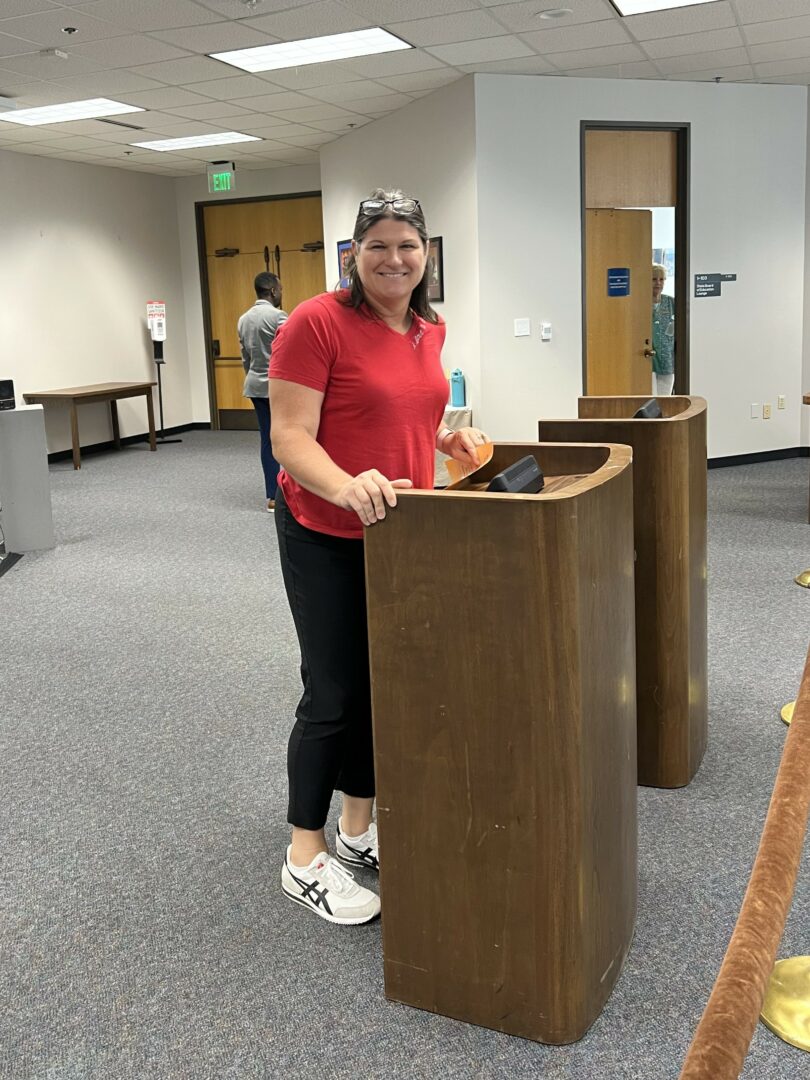
What is the number one obstacle or challenge you are currently facing and what are you doing to try to resolve or overcome this challenge?
One of the biggest challenges right now is ensuring that the reforms we’ve worked so hard to pass—like those in HB 1605 and The Beckley Wilson Act—are actually implemented in classrooms across Texas. We’ve made real progress aligning our laws with the Science of Reading, but there’s still a lack of clarity around oversight, enforcement, and what true implementation looks like. Without accountability, too many students will continue to fall through the cracks.
To address this, I’ve been working alongside other advocates in the Texas Collective Impact group, a coalition committed to making literacy real for all kids—not just on paper, but in practice. I’m especially excited about the upcoming Call to Action and Accreditation Symposium on June 26 in Houston, hosted by the Austin, Dallas, and Houston branches of the International Dyslexia Association. This event will bring together educators, researchers, and policymakers to tackle teacher preparation and system change head-on. We’re not just raising awareness anymore—we’re building the roadmap.
Contact Info:
- Instagram: hylandforsbisd
- Facebook: hylandforsbisd
- Twitter: hylandforsbisd
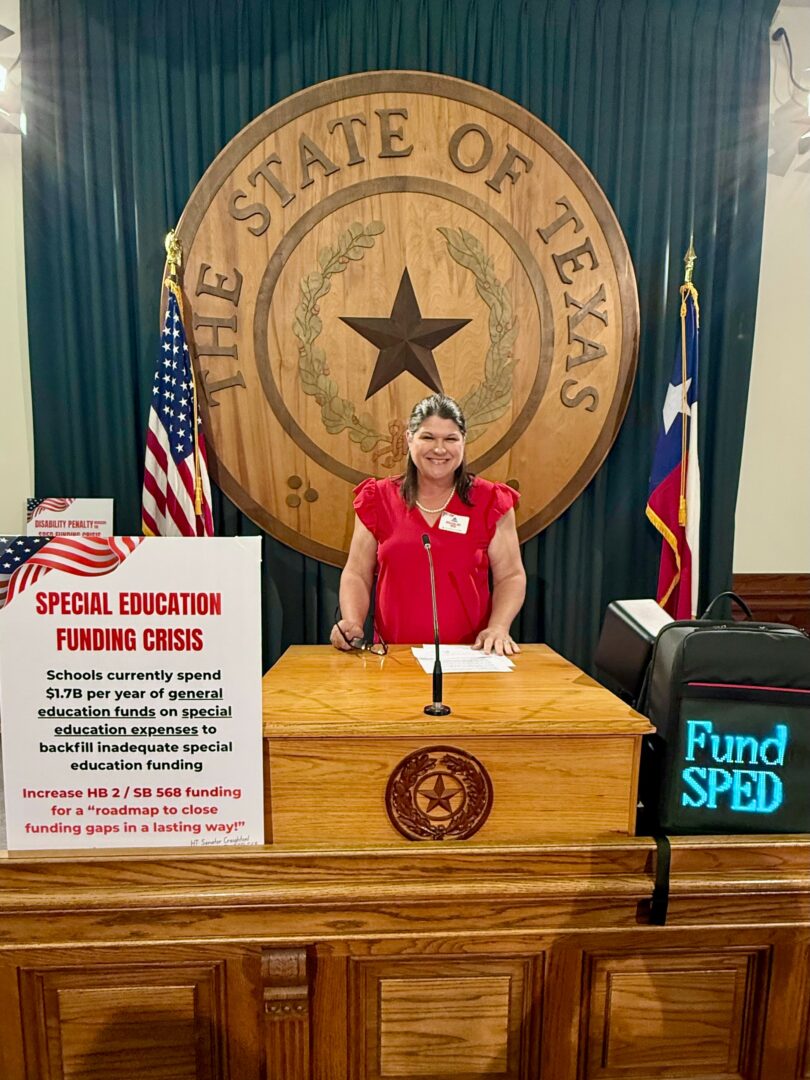
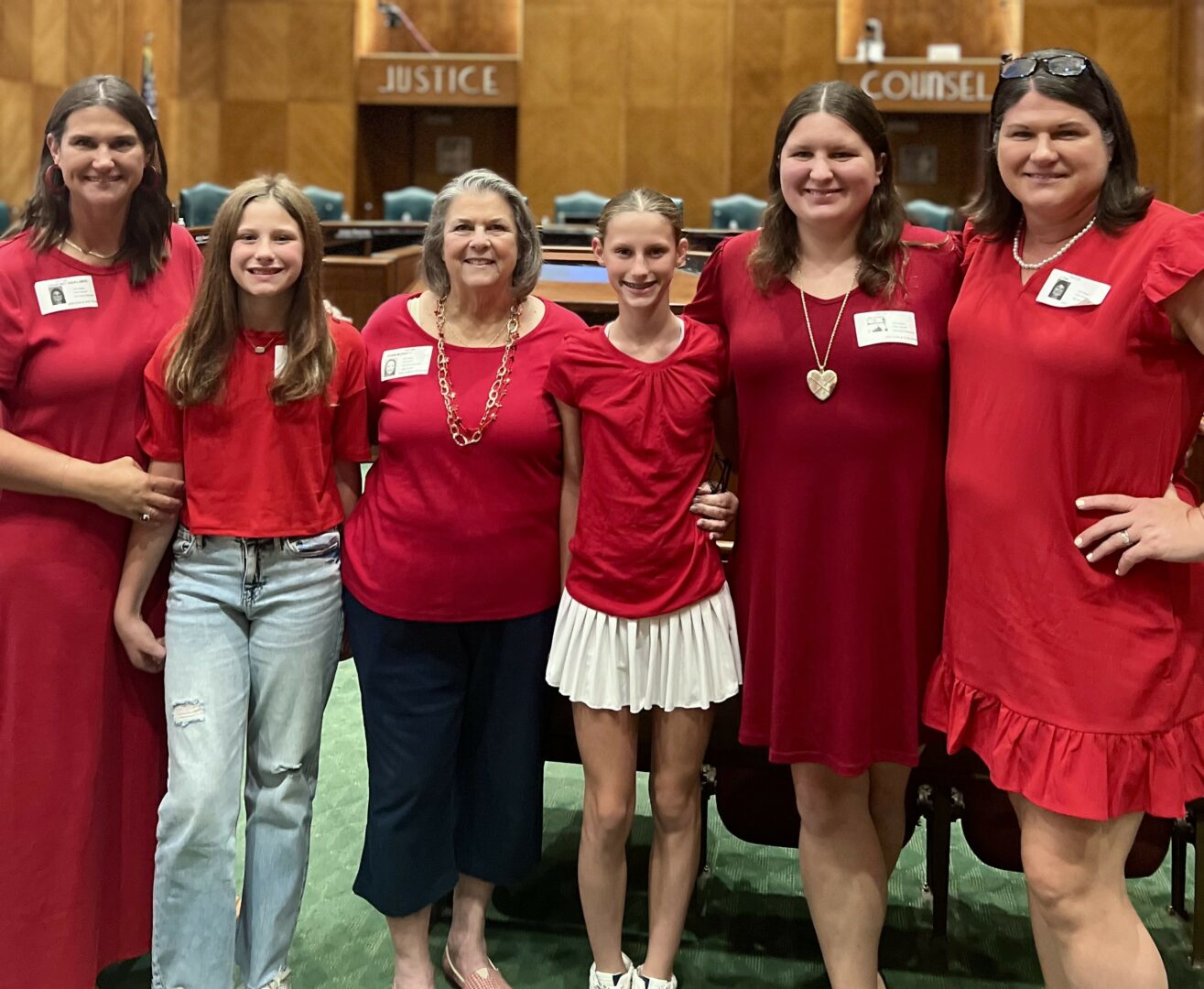
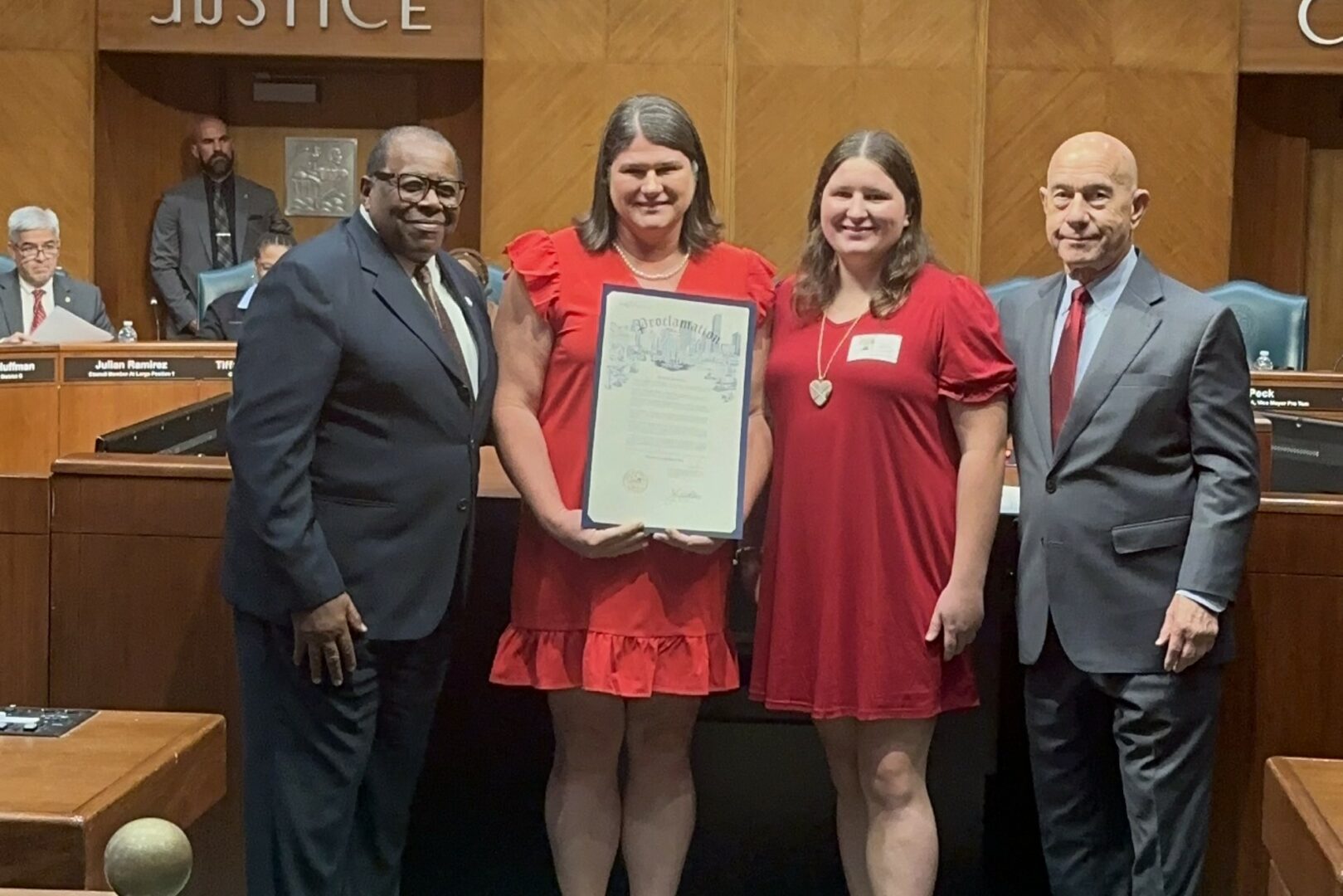
so if you or someone you know deserves recognition please let us know here.




